Enrique Peñalosa, the former mayor of Bogota, Columbia, who is an expert on urban design and strategy, delivered a talk on "Mobility, Equity, and Quality of Life: Challenges for Karachi," during his recent visit to IBA.
The highly informative session was structured around Peñalosa's belief that the framework and design of a city should be reflective of a democracy. The urban planner vehemently stressed upon the importance of democratic equality, which entails that every individual, whether rich or poor, has an equal right to occupy the public space.
Wishing to make commuting a pleasant experience for people from all age groups, he said this was only possible through an efficient and rational distribution of road space to pedestrians, bicyclists, public transport and private cars, primarily because road space reflected the power structure of the city. Although building flyovers and highways might present the illusion of a developing city, a city lacking quality footpaths and bike-ways to allow for alternative commuting methods, was a bad case of democracy, he added.
Insisting that a well-planned city was crucial to economic development, Peñalosa said that a great city has a comparative advantage over others, whereas an ill-planned city is at a disadvantage because once built, the process is difficult to reverse.
"Economic development will not produce good cities. It is rather great cities that bring economic development," he opined.
He emphasised the need for an urgent need to tackle mobility and commuting problems in Karachi -an urban sprawl that threatens to expand extensively in the next 60 years. Penalosa was of the opinion that urban highways are not the way forward and hence the focus should be on a design that constitutes avenues and boulevards with sidewalks to facilitate pedestrians, and on regulations that restrict parking in an attempt to avoid traffic congestion.-PR
BR100
15,059
Decreased By
-56.5 (-0.37%)
BR30
42,931
Decreased By
-117.2 (-0.27%)
KSE100
148,815
Decreased By
-677.8 (-0.45%)
KSE30
45,206
Decreased By
-312 (-0.69%)


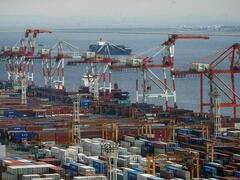


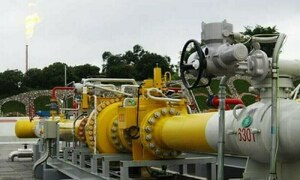

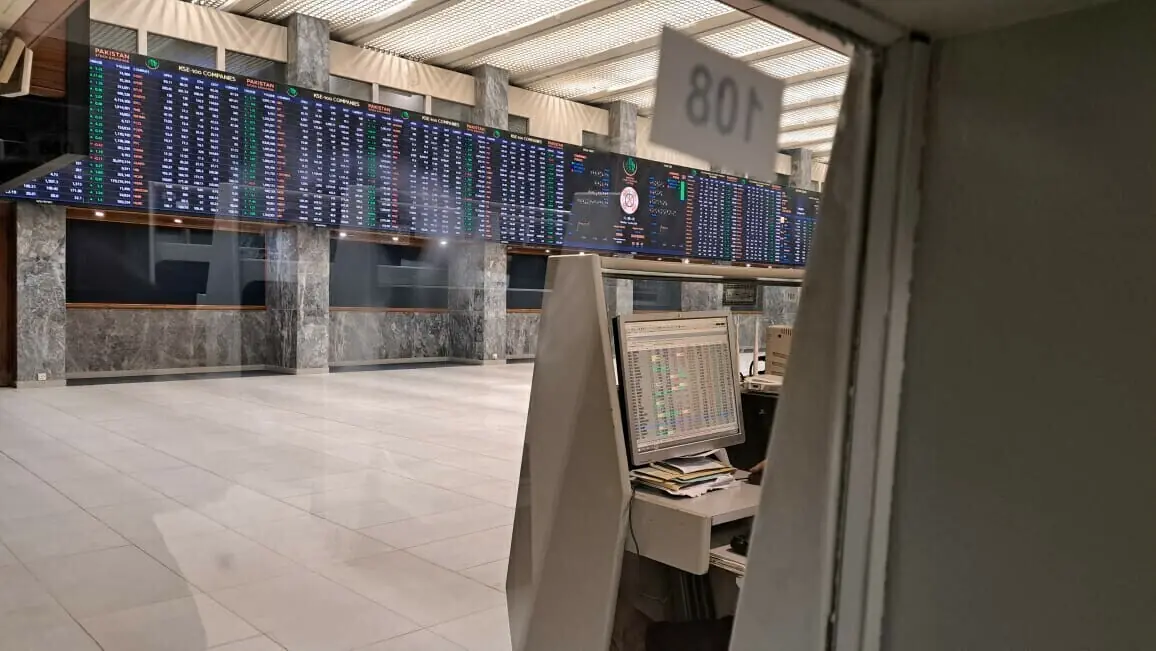


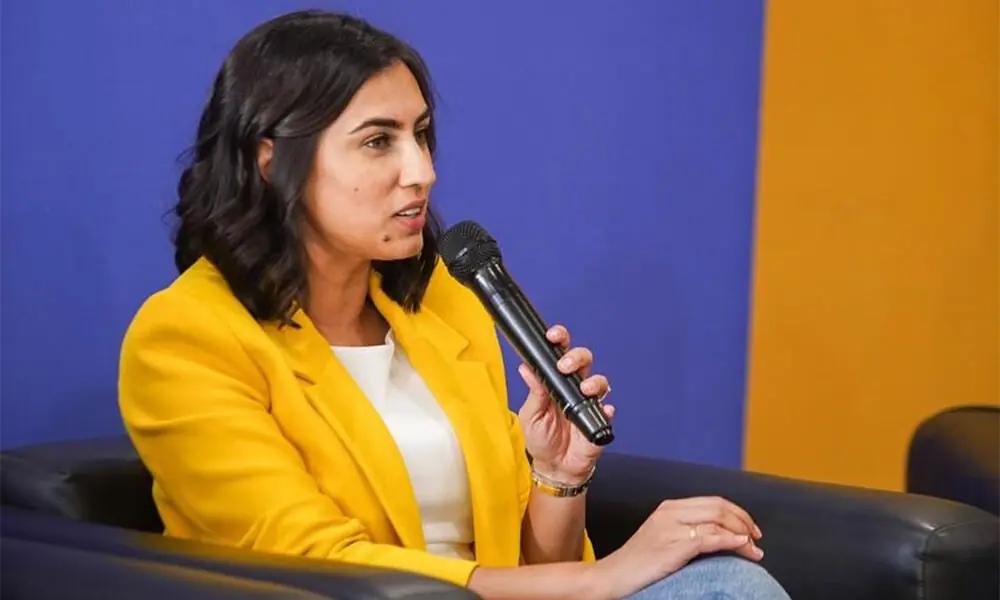
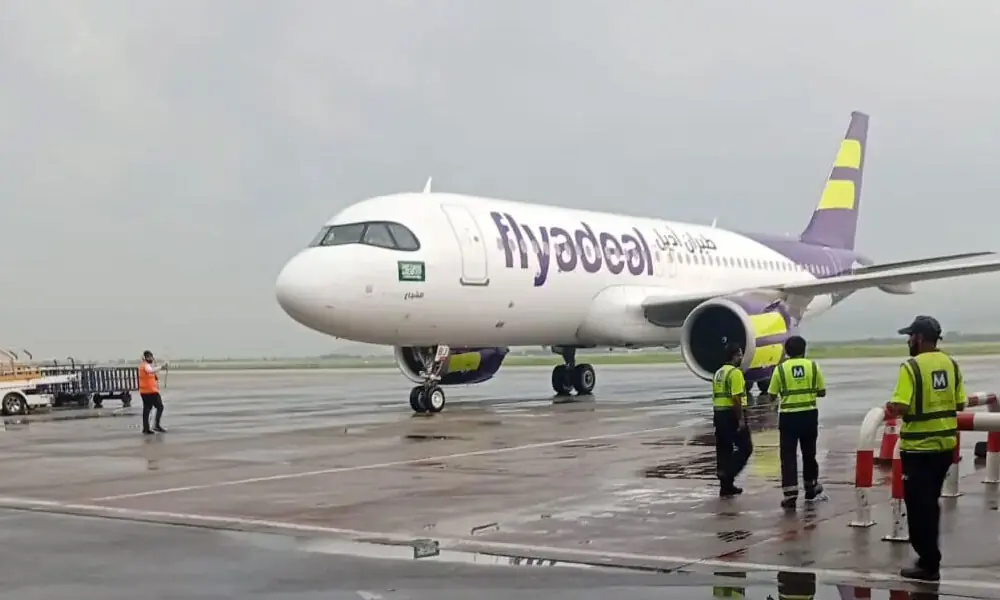

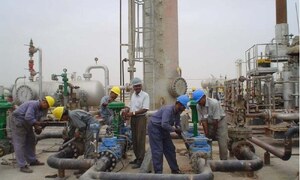
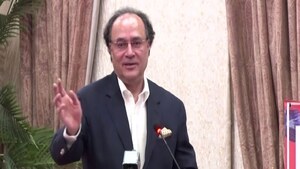


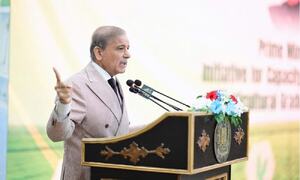
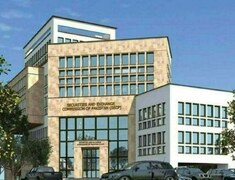


Comments
Comments are closed.